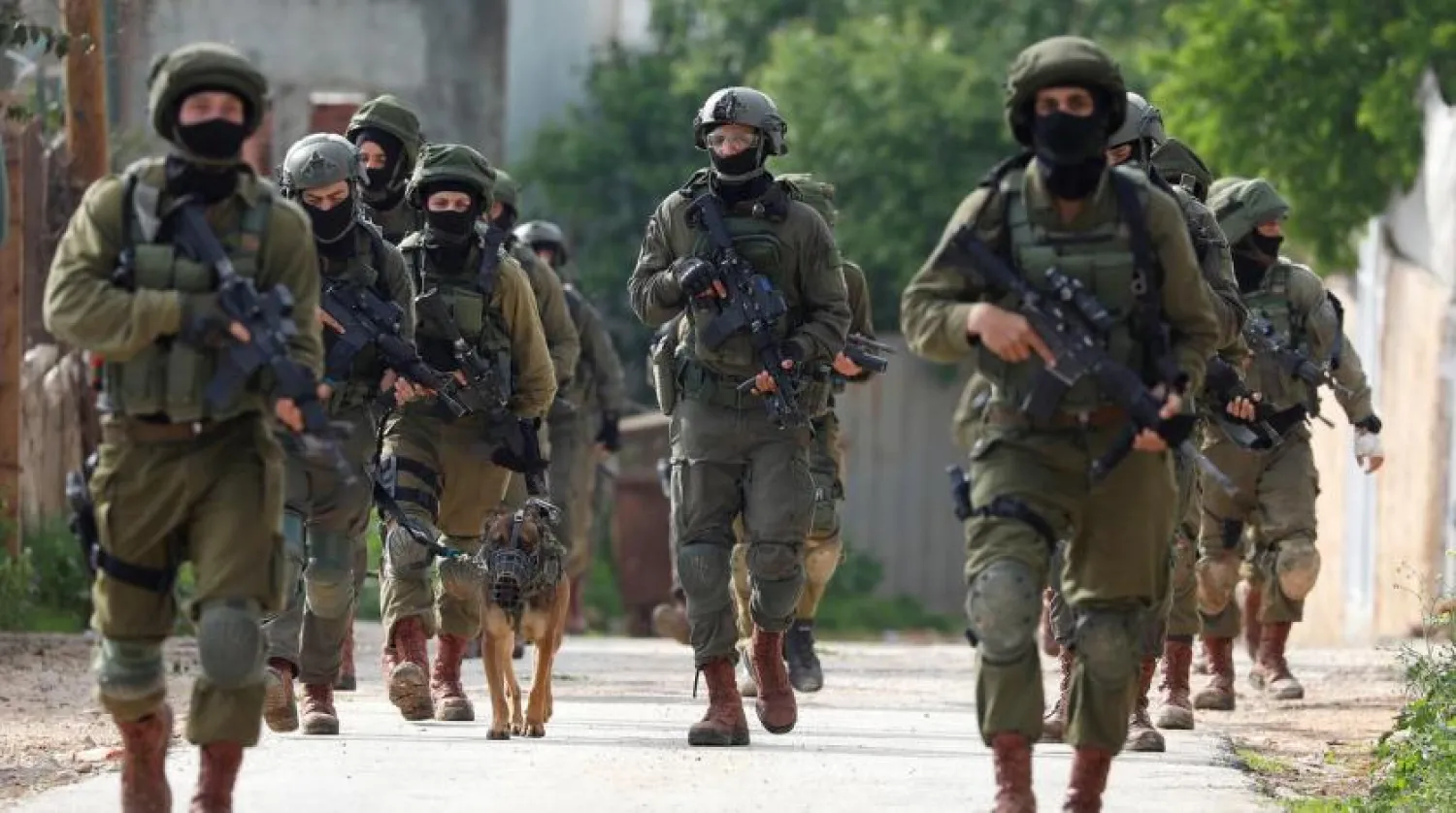Israeli forces shot and killed a Palestinian man near the city of Bethlehem in the occupied West Bank, the Palestinian health ministry said early Monday, the latest in a growing wave of violence that has erupted during the Islamic holy month of Ramadan.
The Israeli military said it opened fire at a man throwing a firebomb at an Israeli vehicle driving on a West Bank highway late Sunday. The shooting raised to three the number of Palestinians killed in the past 24 hours, among them an unarmed woman who was shot and killed at a military checkpoint near Bethlehem, reported The Associated Press.
Ramadan this year converges with major Jewish and Christian holidays. Protests and clashes in Jerusalem during Ramadan last year boiled over into an 11-day war between Israel and Gaza militants.
Israel has stepped up its military activity in the West Bank after Palestinian assailants killed 14 Israelis in four deadly attacks inside Israel in recent weeks. At the same time, it has taken a series of steps to try to calm the situation, including granting thousands of Palestinians from the Hamas-run Gaza Strip permits to work inside Israel.
Palestinian health officials identified the man killed in the latest shooting late Sunday as 21-year-old Muhammad Ali Ahmed Ghoneim.
Earlier Sunday, Israeli forces shot and killed two Palestinian women. The Israeli army said one had stabbed and lightly wounded a policeman in the city of Hebron. The other was an unarmed woman who it said ignored warning shots and calls to stop as she approached a checkpoint near Bethlehem.
Palestinian assailants often carry out attacks at checkpoints in the West Bank. But Palestinians and human rights groups say the Israeli military often uses excessive force and in some cases has injured or killed people who were not involved in violence.
The European Union’s diplomatic mission to the Palestinian territories, accused Israel of using unacceptable excessive force in fatally shooting the unarmed woman. “This incidence must be swiftly investigated and the perpetrators be brought to justice,” it wrote on Twitter.
In a separate incident on Monday, the military said two Israeli citizens arrived at a West Bank checkpoint near the city of Nablus with gunshot wounds. Israeli public broadcaster Kan reported that the two had attempted to visit Joseph's Tomb, which had been vandalized a day earlier, and were attacked by unidentified assailants.
A day earlier, a group of Palestinians set the tomb ablaze before they were dispersed by Palestinian security forces. The shrine, located on the outskirts of the northern West Bank city of Nablus, is a frequent flashpoint site. Some Jews believe it is the burial place of the biblical Joseph, while Muslims believe it is the tomb of a sheikh.
The army escorts Jewish worshipers to the site several times a year, in coordination with Palestinian security forces.









